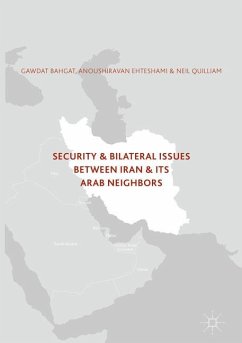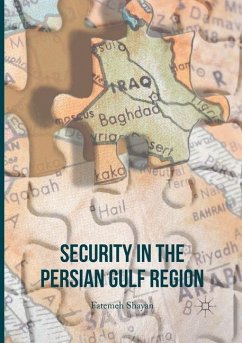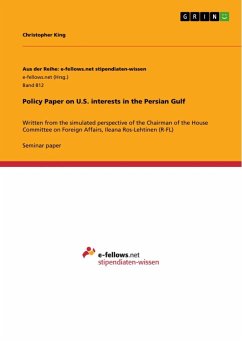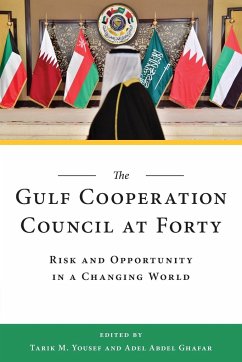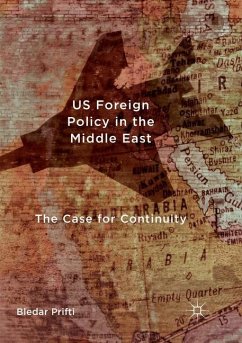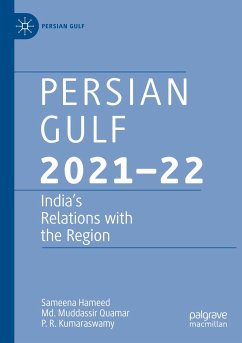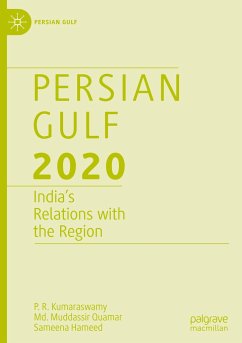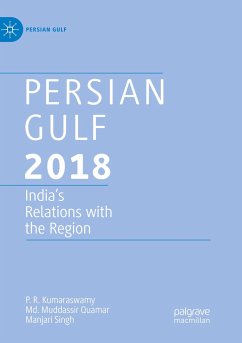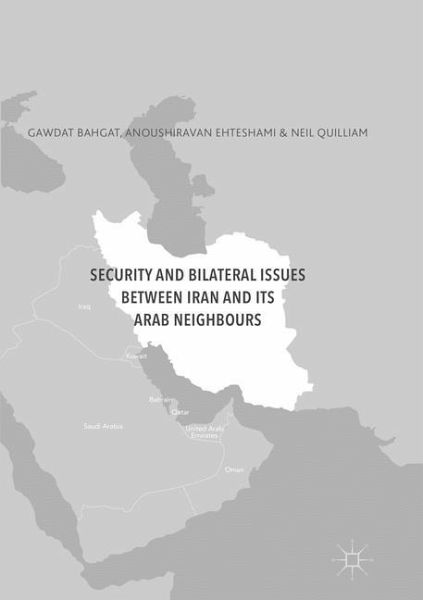
Security and Bilateral Issues between Iran and its Arab Neighbours
Versandkostenfrei!
Versandfertig in 6-10 Tagen
76,99 €
inkl. MwSt.

PAYBACK Punkte
38 °P sammeln!
This book provides a detailed analysis of the complicated relations between Iran and its Arab neighbours. Arab perceptions of Iran, its regional policies and role in the Arab region, have never been more complicated than today. How is one to make sense of the increasingly complex and at times tense relationship between Iran and its Arab neighbours? Given the strategic significance of this sub-region and the importance of relations between its states to international security, this edited volume systematically accounts for each Arab neighbour's perception, policies and approach towards the Isla...
This book provides a detailed analysis of the complicated relations between Iran and its Arab neighbours. Arab perceptions of Iran, its regional policies and role in the Arab region, have never been more complicated than today. How is one to make sense of the increasingly complex and at times tense relationship between Iran and its Arab neighbours? Given the strategic significance of this sub-region and the importance of relations between its states to international security, this edited volume systematically accounts for each Arab neighbour's perception, policies and approach towards the Islamic republic, for the first time providing a clear and detailed comparative analysis of these relationships. This book, bringing together a group of leading scholars of the region, not only provides a clear lens for the policy community through which to gauge the causes of change and the reasons for continuity in relations, but also offers an invaluable tool for scholars of the wider region and the growing community of researchers focusing on this sub-region.





